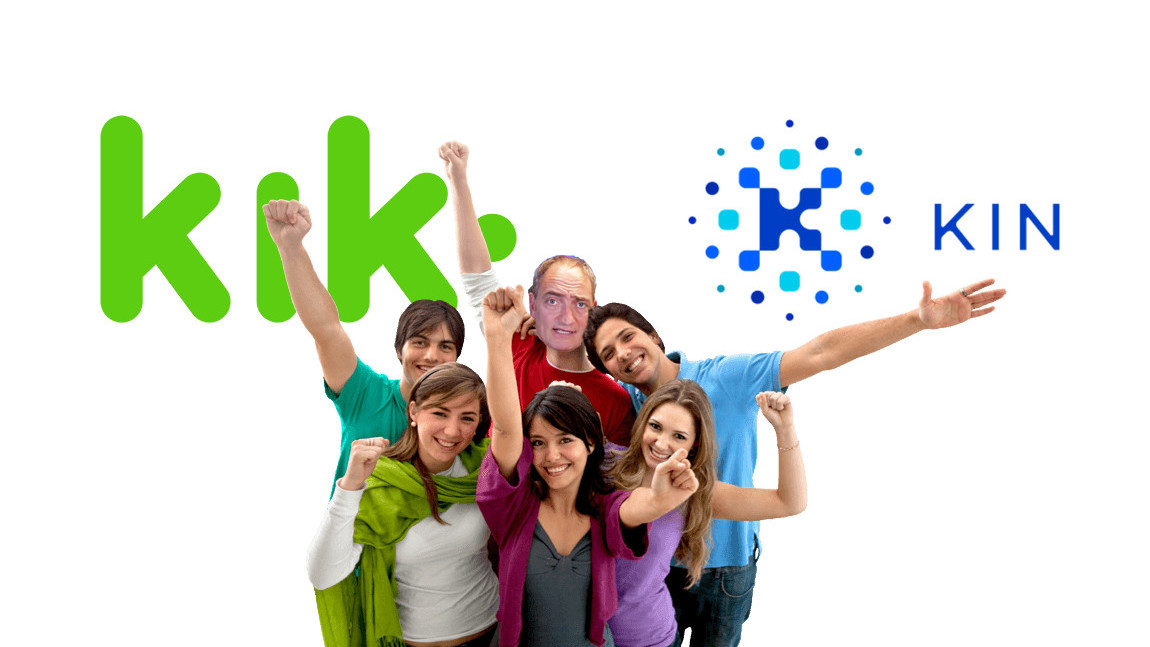
A new software development kit (SDK) for Unity has been released, allowing indie developers to monetize their mobile games from top-to-bottom with KIN cryptocurrency.
As of today, mobile games made with the Unity engine can support earning, spending, and tipping KIN in-game, and even reward users with cryptocurrency for interacting with each other.
Players can be given cryptocurrency for participating in groups, or helping other players. Devs will even be able to sell their users extra lives for KIN.

There is also functionality for studios to purchase additional cryptocurrency to inject into their in-game economies to support growth.
CryptoKitties 2: Kin Foundation Boogaloo?
This is quite a lofty endeavour from the Kin Foundation, the group that’s both tied heavily to the Kik messenger service and behind the Kin cryptocurrency.
It’s especially so considering all of the tokenized in-game activity will reportedly take place entirely on the Kin blockchain – including real-time account and wallet creation.
“Yes, everything is happening on-chain. This includes earning, spending, and peer-to-peer (sending and receiving) transactions,” a Kin spokesperson told Hard Fork.

Readers would be forgiven for having flashbacks of December 2017, when a meteoric rise of an Ethereum dApp called CryptoKitties rendered the entire network barely usable.
At the time, Ethereum’s blockchain was just not ready to handle so much on-chain traffic, and the effects of those revelations are still being felt today.
But the key difference here is that Kin’s blockchain runs on a different consensus method than Bitcoin or Ethereum. It uses a system similar to the Delegated Proof-of-Stake (DPoS) model utilized by the EOS network.
In this framework, “traditional” cryptocurrency miners are replaced by a select group of “block producers,” elected by other blockchain participants to validate transactions.
While this style of consensus has been heavily criticized for its centralizing nature, DPoS blockchains tend to process transactions a little quicker than Proof-of-Work blockchains like Bitcoin or Ethereum.
Kin is confident it can handle it
Kin marketing materials assure us that its blockchain is capable of processing more than 100 transactions per second. The question still remains over whether that’s enough to handle devs adopting the Kin SDK en masse.
The Kin spokesperson told Hard Fork: “Short answer, yes. When we forked Stellar to create the Kin Blockchain, we prioritized scalability, knowing that we needed to deliver a solution that was capable of handling high volumes of transactions from dozens of apps.”

They also mentioned there are currently more than 30 apps running “real Kin transactions on the Kin Blockchain without any delays in processing,” and it has handled more than four million transactions in the last 30 days.
The release of Kin’s SDK does come at a rather sensitive in gaming, as communities across the internet move to reject microtransactions and other monetization schemes.
One does wonder what repercussions are in store for any game dev brave enough to build their mobile games around rewarding (and charging) users with cryptocurrency to get the most out of their games.
(Edit: This has been updated to properly describe the consensus method utilized by the Kin network.)
Get the TNW newsletter
Get the most important tech news in your inbox each week.





